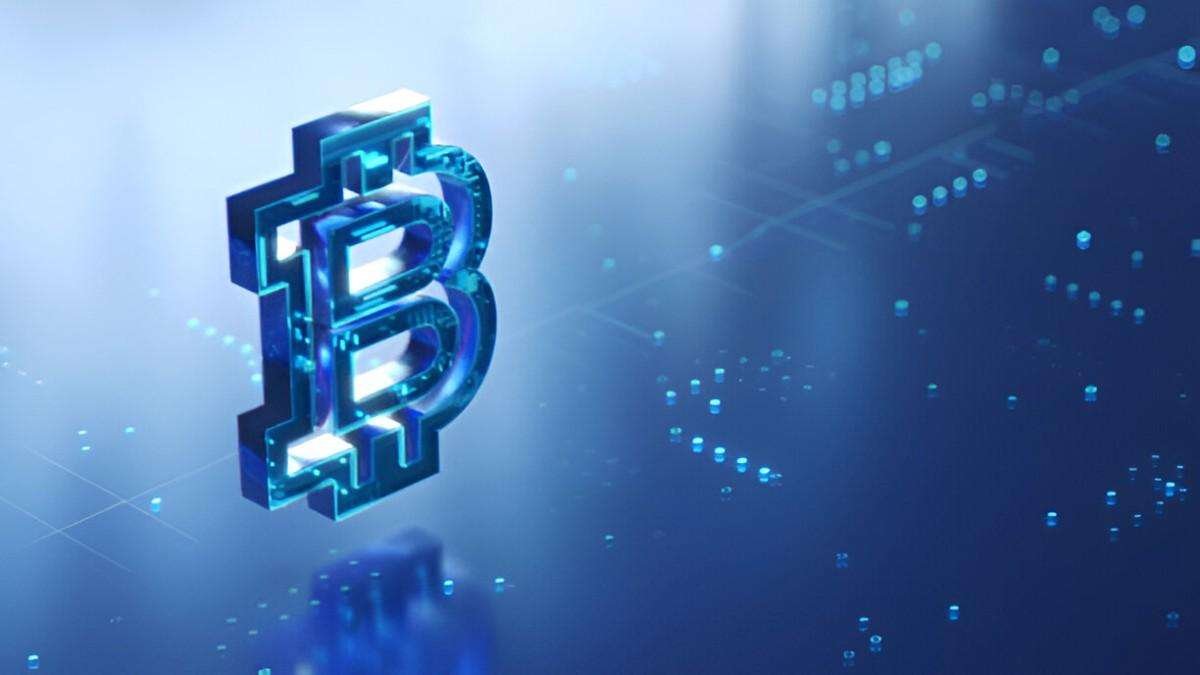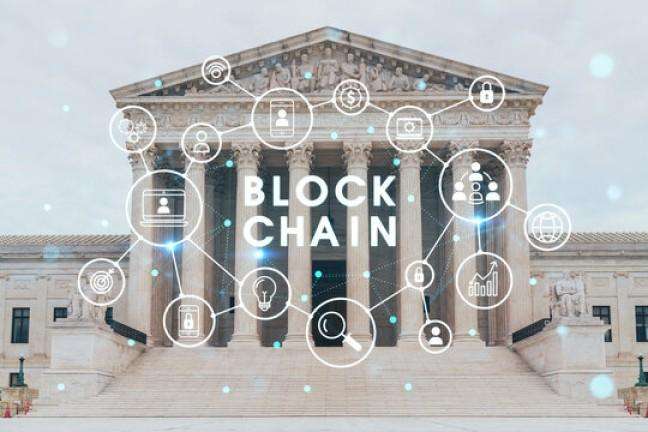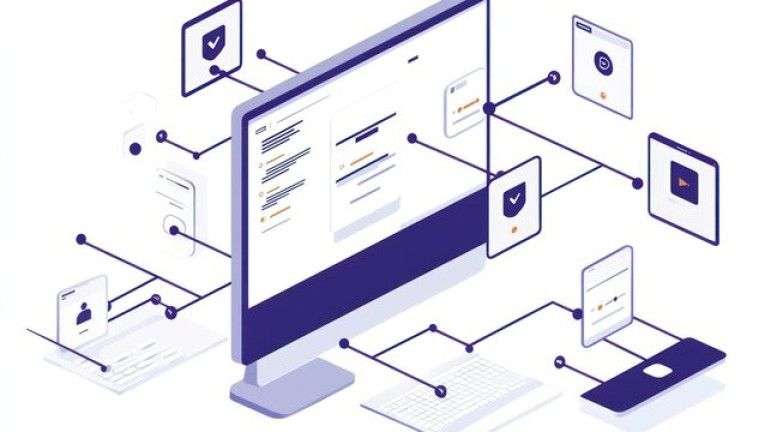Blockchain technology has disrupted numerous industries, and the gaming sector is no exception. One of the more intriguing blockchain projects in this space is the Altura blockchain. In this article, I will take a deep dive into Altura, exploring its features, use cases, and how it compares to other blockchains. Whether you’re a developer, investor, or simply someone interested in blockchain, I hope to provide insights that will help you better understand this innovative project.
Table of Contents
What is Altura Blockchain?
Altura is a blockchain designed specifically for the gaming industry, allowing game developers to create, trade, and manage in-game assets like NFTs (Non-Fungible Tokens) on a decentralized network. The blockchain aims to simplify the process of creating and managing NFTs while addressing the limitations of existing platforms. Altura offers several features that set it apart from other blockchains, such as low transaction fees, high scalability, and ease of integration for developers.
The gaming industry has long been a hub for digital asset creation, but most of these assets remain trapped within centralized systems, with little value outside of their specific games. Altura seeks to change that by providing a platform where in-game assets can be tokenized and transferred across different games, creating a new economy for digital assets.
Key Features of Altura Blockchain
One of the primary features of Altura is its focus on the gaming community. Altura allows game developers to integrate blockchain technology into their games easily, which in turn lets players own and trade in-game assets as NFTs. Let’s break down some of the core features of the Altura blockchain:
1. NFT Creation and Management
Altura simplifies the process of creating NFTs, making it easy for developers to tokenize in-game assets like characters, skins, weapons, and more. By using the Altura blockchain, developers can ensure that each item is unique and has a verifiable history. This helps build trust among players, who can verify the rarity or authenticity of an item before purchasing or trading it.
2. Scalability
One of the challenges of blockchain technology is scalability—most blockchains struggle to handle large numbers of transactions without becoming slow and expensive. Altura addresses this challenge by using a Proof of Stake (PoS) consensus mechanism, which is more energy-efficient and capable of handling a higher volume of transactions. This is particularly useful for games with a large number of active users.
3. Low Transaction Fees
Another significant advantage of Altura is its low transaction fees. Unlike Ethereum, where gas fees can be prohibitively high, Altura’s fees remain low, even during periods of high network activity. This ensures that game developers and players can engage in trading and transaction activities without worrying about excessive costs.
4. Interoperability with Other Games
One of the unique aspects of the Altura blockchain is its interoperability feature. Altura allows assets to be transferred across different games. This means that a rare item from one game can be used in another, providing players with more utility and opportunities to profit from their in-game assets. It also gives developers the ability to create cross-game ecosystems, increasing the potential value of their digital goods.
5. Smart Contracts for Game Developers
Altura allows game developers to use smart contracts to automate various aspects of in-game transactions, such as asset transfers, rewards distribution, and more. This not only reduces the potential for human error but also ensures that transactions are executed transparently and securely.
How Altura Stands Out in the Blockchain Space
In a world where multiple blockchains claim to be the solution for gaming and NFTs, how does Altura hold up? Let’s compare Altura to other popular blockchain platforms, such as Ethereum, Binance Smart Chain (BSC), and Solana, focusing on aspects like transaction fees, scalability, and developer support.
| Feature | Altura Blockchain | Ethereum | Binance Smart Chain (BSC) | Solana |
|---|---|---|---|---|
| Transaction Fees | Low | High | Low | Low |
| Scalability | High (PoS) | Low (PoW) | High | Very High |
| Transaction Speed | Fast | Slow | Fast | Very Fast |
| Smart Contract Support | Yes | Yes | Yes | Yes |
| Interoperability | Cross-game asset transfer | Limited | Limited | Limited |
| Developer Tools | Robust (Game Focused) | Comprehensive | Comprehensive | Comprehensive |
From this table, it’s clear that Altura offers a compelling solution for gaming developers compared to Ethereum, which suffers from high gas fees and scalability issues. On the other hand, while Binance Smart Chain and Solana offer faster speeds and lower fees, they do not have the same level of focus on gaming and NFTs that Altura does.
The Role of NFTs in the Altura Ecosystem
In-game assets in traditional gaming are typically confined to a specific game or platform, with little to no resale value. Altura is changing that by allowing players to own and trade these assets as NFTs. By tokenizing in-game items, Altura gives players the opportunity to buy, sell, or trade these assets outside of the game, creating a new digital economy.
For example, imagine you’re playing a fantasy RPG, and you acquire a rare sword through gameplay. Under traditional systems, this sword is yours as long as you’re playing the game, but it holds no value beyond that. With Altura, this sword can be tokenized as an NFT, and you can sell or trade it to other players, potentially earning real-world value. Similarly, the sword could be used in another game that supports Altura’s ecosystem, adding utility to the item.
This concept of “play-to-earn” is becoming increasingly popular, as it allows players to generate income through their in-game achievements. Altura’s blockchain enables this by giving developers the tools to easily integrate NFTs into their games.
Altura and the Future of Gaming
The potential for Altura in the gaming industry is immense. As blockchain technology continues to gain traction, more game developers are looking for ways to integrate NFTs and other decentralized features into their games. Altura provides a straightforward and efficient solution to this problem.
Additionally, as the popularity of Web3 and decentralized applications (dApps) grows, the demand for interoperable, low-fee, and scalable blockchains like Altura will likely increase. This makes Altura an attractive option for developers looking to enter the blockchain space without being bogged down by the complexities of other platforms.
Example: How NFTs Work in a Simple Game
Let’s consider a simple example: a game where players collect digital cards. Each card is represented as an NFT on the Altura blockchain. These cards are unique, with different rarities and abilities. Players can collect these cards through gameplay or purchase them from other players in the marketplace.
| Card Name | Rarity | Abilities | Price (in ALU tokens) |
|---|---|---|---|
| Fire Dragon | Legendary | Fire Breath, Flight | 1000 ALU |
| Water Elf | Rare | Healing, Water Shield | 500 ALU |
| Forest Goblin | Common | Stealth, Trap Setting | 100 ALU |
In this example, players can buy and sell these cards using the game’s native cryptocurrency, ALU. These cards can also be transferred across other Altura-compatible games, allowing players to use their assets in different game ecosystems.
Conclusion
The Altura blockchain is an exciting development for the gaming industry, offering developers and players a unique platform for creating, trading, and managing in-game assets. Its focus on low fees, scalability, and interoperability makes it a strong contender in the crowded blockchain space. By enabling the creation of NFTs and allowing cross-game asset transfer, Altura is helping to create a new economy for digital goods, which could shape the future of gaming.
For developers, Altura offers an easy-to-integrate solution that reduces friction when adding blockchain elements to games. For players, it provides a way to own and trade assets in a way that was previously not possible in traditional gaming systems. As the blockchain and gaming industries continue to evolve, Altura is well-positioned to play a major role in the future of decentralized gaming.





